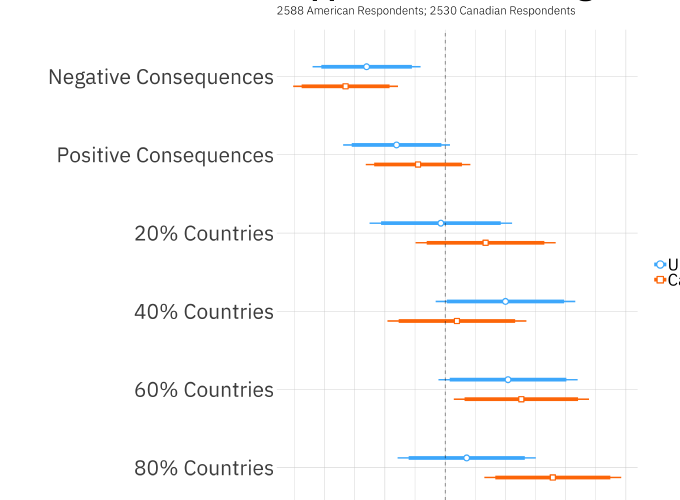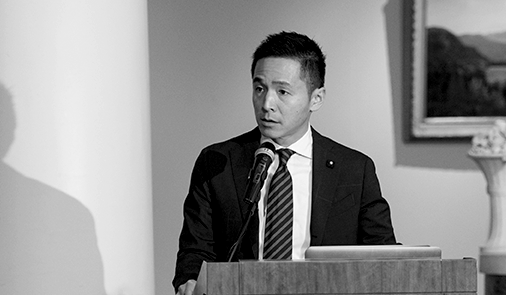Examining the microfoundations of human rights support: Evidence from the U.S. and Canada
When are individuals likely to support human rights? We argue that public support is a function of the perceived costs of rights and the level of international acceptance of those rights. If human rights policies are framed as either less costly to a country’s economic security or more beneficial to creating desired outcomes, support is more likely. Similarly, when human rights policies are seen as widely accepted by the international community, support is more likely. We contend that for certain human rights, though, a high degree of international backing can drive individual support even for costly rights policies. We test our theoretical expectations by conducing a survey experiment with a novel international sample comprised of citizens across U.S. and Canada. Our findings shed new light on the long debate regarding norm development, the impact of world polity, and the micro-foundations of human rights diffusion. They also have broad implications for how human rights movements can be built, especially when policies are seen as potentially economically costly or dangerous.

